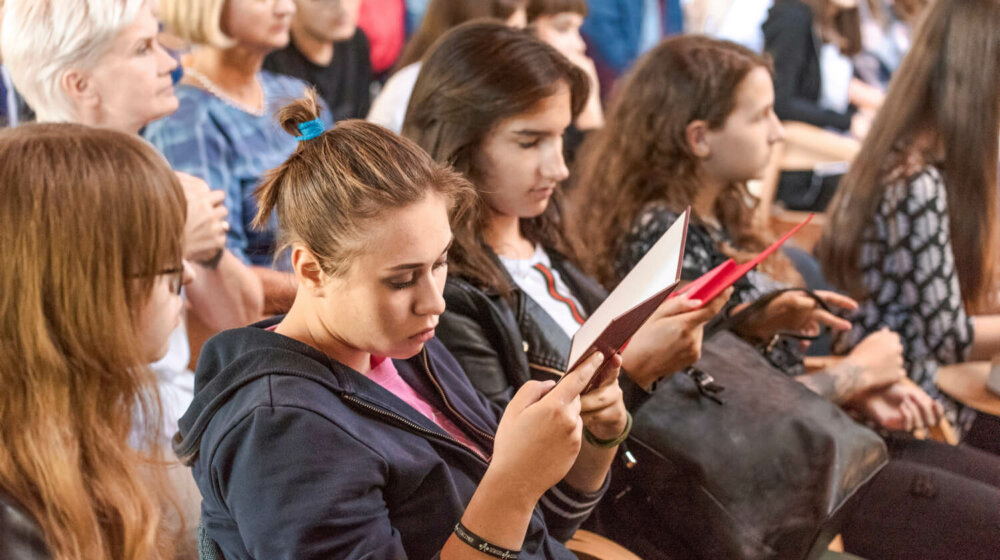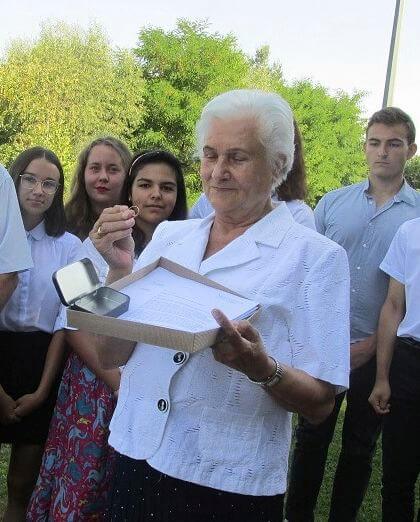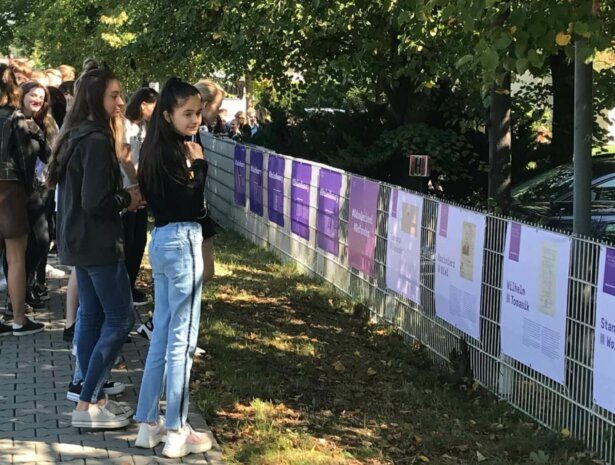Young people bring back memories

The special thing about #StolenMemory is the way it combines information, remembrance, a local historical approach, and the opportunity for people to participate actively in the campaign themselves. The Arolsen Archives hope it will attract volunteers – students who are involved in German-Polish educational projects, for example – to join in the search for the relatives of victims of Nazi persecution.
The Arolsen Archives still have more than 2,500 personal items belonging to former concentration camp prisoners. A large number of them, at least 900, belong to Polish persecutees: women and men who fought against the regime, who were made to do forced labor, or who were sent to concentration camps as civilians by the National Socialists. The campaign started in 2016 and aims to trace relatives of the people concerned and return their belongings to their families.
Cooperation with the German-Polish Youth Office (DPJW)
#StolenMemory was used as an educational project for the first time in 2019, in partnership with the IJBS International Youth Meeting Center in Oświęcim/Auschwitz. The young people involved in the project work with biographical information and documents and research the fates of people from the region; they search for clues and have already been successful in helping to find a number of families. Together with the Arolsen Archives, the German-Polish Youth Office (DPJW) makes it possible for German-Polish and trilateral youth groups to participate in the #StolenMemory campaign – under the auspices of the “Wege zur Erinnerung” (English: paths to remembrance) funding program as well as within the regular funding program.

Students of the Konarski Grammar School Oswiecim traced Stanisława Bury, the niece of former concentration camp inmate Stefan Baster, and were able to return his wedding ring to her as part of the campaign.
An educational project with a regional focus
The project has special potential for German-Polish groups. The individual fates of the Nazi persecutees documented in the Arolsen Archives and the collection of personal effects make it possible to find a local angle for just about any place in Germany or Poland by using holdings that are related to specific memorial sites or to the places where the young people in our partner groups live. The #StolenMemory campaign provides a framework within which young people from Germany and Poland can work together to actively explore the history of both countries in connection with the Second World War and make their own contribution to the ongoing process of coming to terms with that history.


